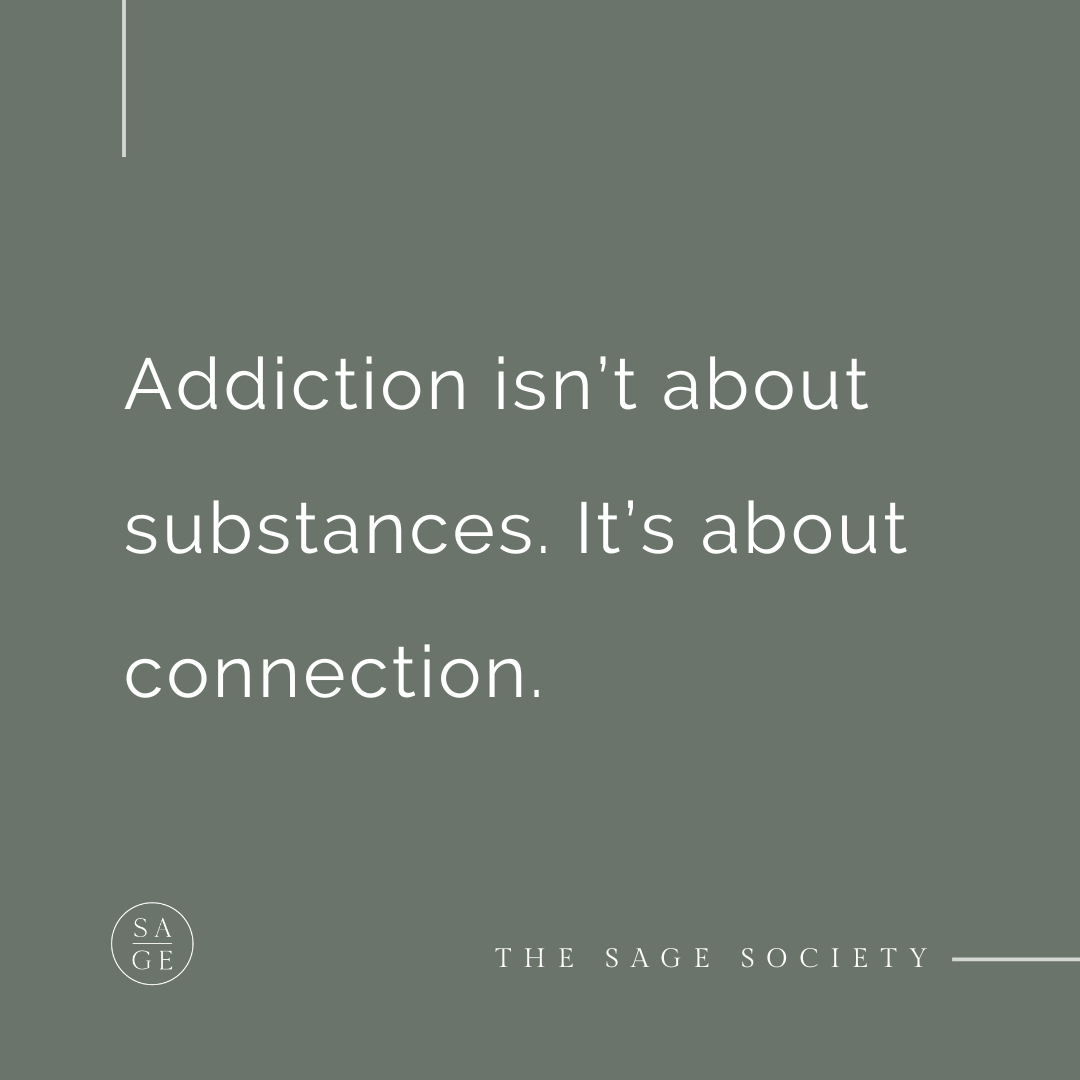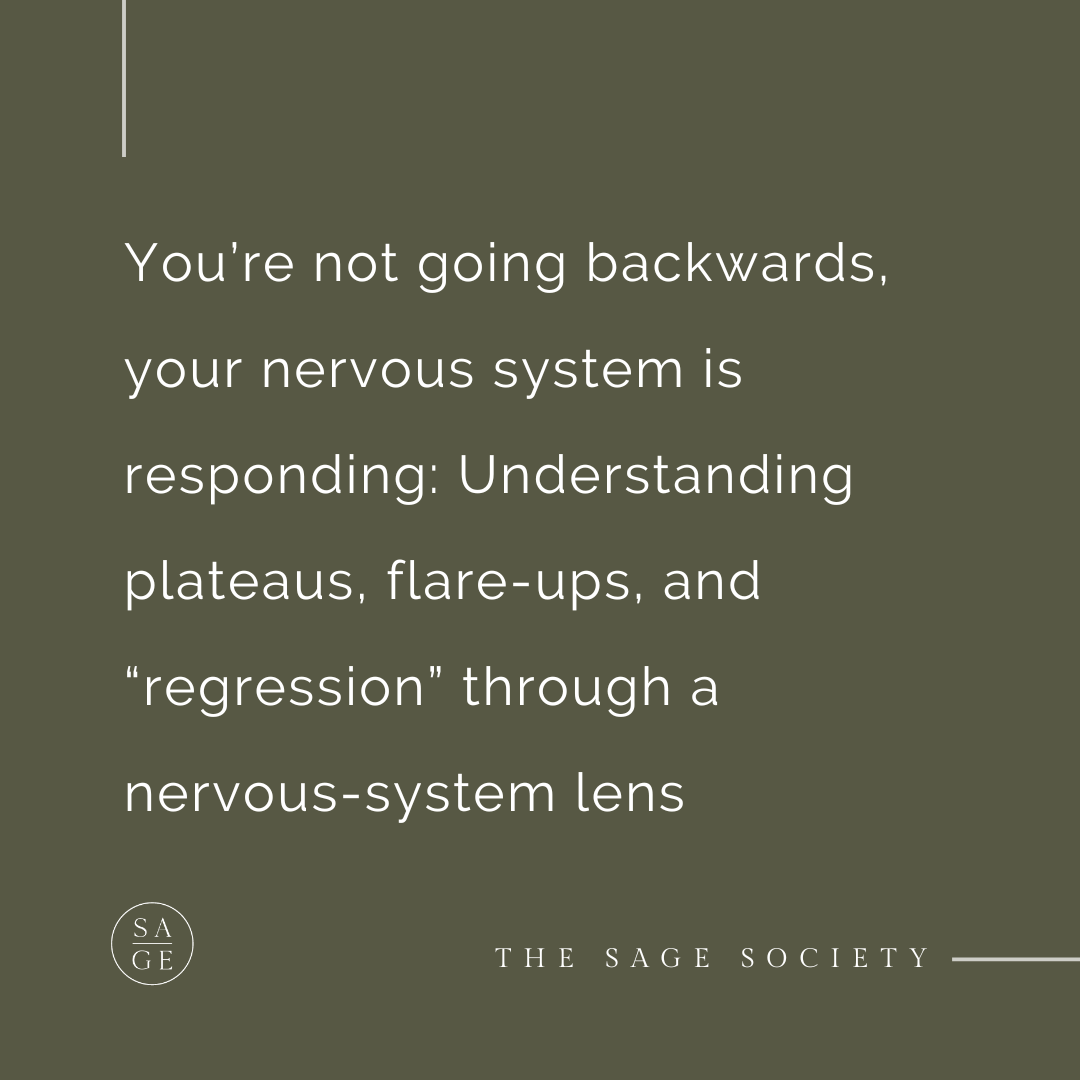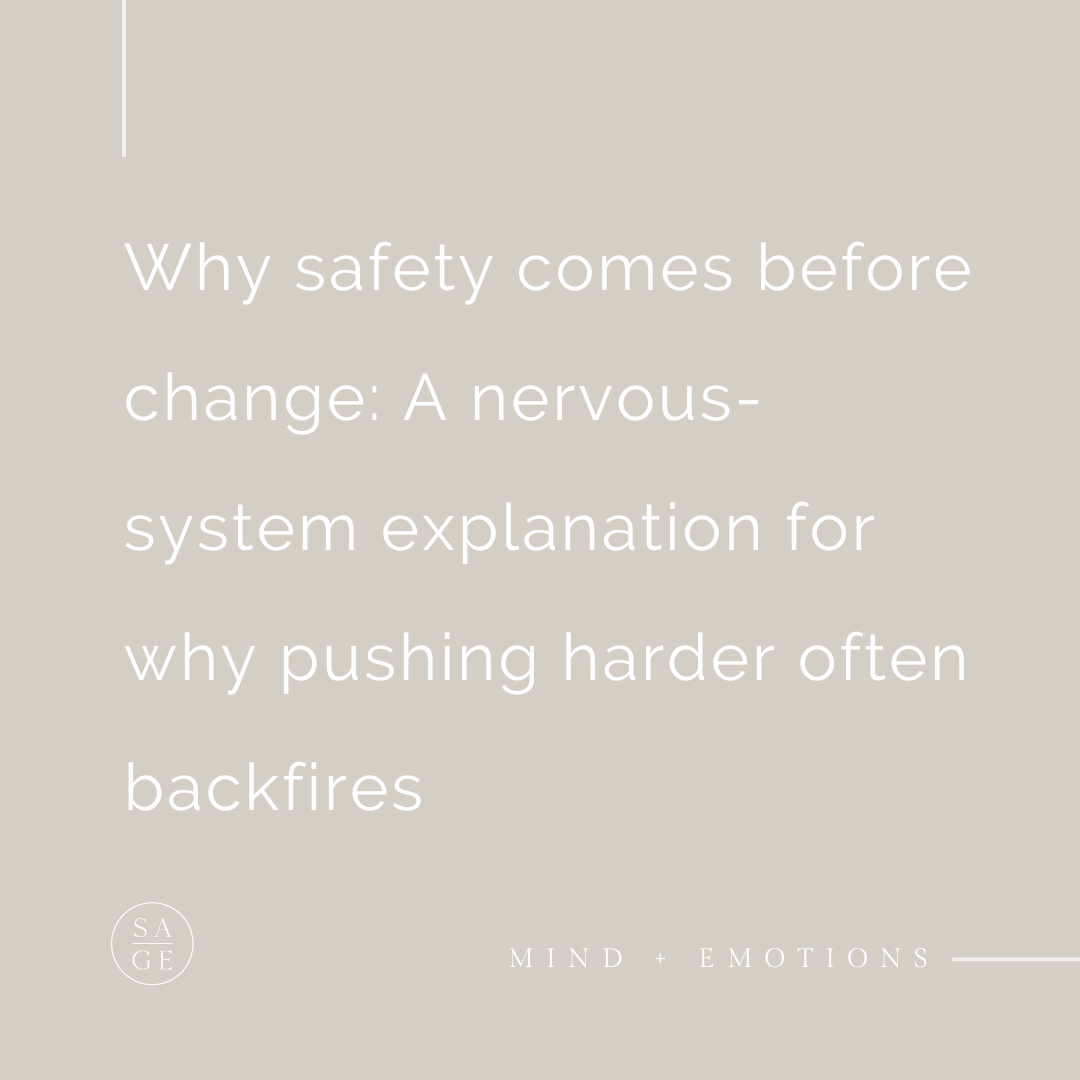Are you a secret perfectionist?
Have you ever wondered if you are a secret perfectionist?
I’d be willing to hazard a guess that if you’re reading this, it’s more than likely that you are. And I’d also be willing to bet that you have some investment in identifying as this.
As much as this behaviour can be depleting and debilitating, it sounds kind of great to label yourself as “perfect”.
Let’s also not forget how rewarded this mindset and behaviour is in our society. Any employer who hires a perfectionist knows they are getting serious bang for their buck, because you’d rather burn the midnight oil then sit with the feeling of “I’m not good enough”!
As a reformed perfectionist, rather than glorify the concept, let’s explore what it actually is and how it can show up for you.
Want to learn more about how to actually move beyond your perfectionist ways?
What is perfectionism?
You know those unrelentingly high standards that you set for yourself… The ones you strive, almost compulsively towards? That’s perfectionism!
More often than not, this is driven by a fear of failure; a belief that you might not be good enough, and the desperate need to avoid negative feedback at all costs.
A textbook case looks a little like this:
You receive 80% on your university assignment, a great mark by most peoples’ standards. You, however, as a secret perfectionist, are filled with shame. It’s simply not good enough for you. You were, as always, striving towards a higher mark, for perfection. This shame is compounded when you learn that your friend scored a higher mark than you. Before you know it a spiral begins. You hear a critical and demanding voice in your head running through your faults, your mis-steps and your masked defectiveness. This negative self-talk, in turn, leads to self-loathing, and a greater need to try to be perfect.
When perfectionism is in the driving seat, it’s scope is more than what you’re able to achieve - it’s how you see yourself.
Your self-worth is judged largely on your ability to meet these incredibly high standards. And lets not forget that in order to ‘achieve’ these lofty targets, perfectionism comes with a truckload of internalised (and sometimes externalised) pressure;
the countless nights you stayed up way too late to finish a project to the absolute best of your ability.
the isolation that screams at you because what you need to achieve comes before everything else.
the constant need for control.
It’s important to bear in mind that perfectionism isn’t only work/career related. It can seep into every facet of your life. From parenting (are you a “good enough” Mum?), to your relationship, to the cleanliness of your house. I’ll be honest, when perfectionism was in control of my life, if my tea towels weren’t hanging perfectly, folded into perfect thirds I felt utterly uncomfortable. I can laugh at this now but when perfectionism is present, it’s really present.
While it’s mostly understood as dominant discourse, perfectionism can reveal itself in a number of unexpected ways; from procrastination to approval seeking, to the lens through which you view the world.
Common traits of the perfectionist
The problem with perfectionism and I’m hoping a BIG reason why you’ll want to know if this is you, is that research has shown that perfectionists tend to achieve less and stress more than your average high achiever!
Let’s look a little bit more closely at the two.
The Critical Voice
Perfectionists endure a relatively constant stream of inner critic, especially when compared to high achievers.
While high achievers are able to take pride in their accomplishments, perfectionists zoom in on their mistakes and perceived flaws. This magnification means they struggle to orient their attention to much else. Before you know it, that inner critic is loud, judgmental and demanding even more.
Dichotomous Thinking
Another hallmark feature of the perfectionist is the lens that they think through.
Commonly referred to as ‘black or white thinking’, it means there is little room for grey. Whilst high achievers are able to embrace satisfaction with doing a good job, even if their goals aren’t completely met, perfectionists see things as perfect or a failure, with little to no wriggle room in-between.
Unrelenting Standards
Unfortunately for the perfectionist, their goals are rarely, if ever, reasonable.
Whilst high achievers can set themselves pretty high reaching goals, perhaps even enjoying stretching themselves, the perfectionist often sets their primary goal out of this stratosphere. Leaving them with the residual feeling of never measuring up.
Pushed by Fear
A big point of difference between high achievers and perfectionists is how they are directed towards their goals.
High achievers tend to be pulled towards them. They are pulled in that direction by desire and purpose and enjoy the process.
Whereas perfectionists, are PUSHED towards theirs. Whether it’s from an internalised voice demanding more of them or an externalised pressure, this push is fuelled by a fear of not meeting them, whilst carrying the belief that this is a failure.
Procrastination
It seems almost paradoxical that perfectionists are often frozen by procrastination.
Procrastination can be a trait of the perfectionist that is detrimental to performance, yet driving it is the very same mechanism that we see with perfectionist behaviour - a complete and utter fear of failure. Sometimes this fear renders an individual completely unable to start a project, as the fear of failure sings so loudly in their ears they feel that doing something imperfectly is harder than not starting at all.
The Mood
The high achiever is far more easy going and resilient in comparison to the perfectionist. This is particularly evident when it comes to disappointment and setbacks.
Perfectionists will ruminate, berate and consume themselves with their perceived failure or inadequacy, whereas a high achiever is able to bounce back far more readily and get right back on that horse.
A Narrow View
When it comes to chasing a goal, high achievers are able to enjoy this process, sometimes more so than attaining the goal itself. Perfectionists, on the other hand, take a goal-only view and are unable to see anything else. They are so focused on meeting goals and avoiding failure that they check out from being able to enjoy the process of growth, and the challenge of the goal itself.
Now, dear reader (I have watched far too much Bridgerton!) if this is you, fear not, as this was me too.
As always, having the self awareness to recognise the perfectionist mindset and behaviour pattern in yourself is the first step towards change.
With health + happiness,
Gabby x x










